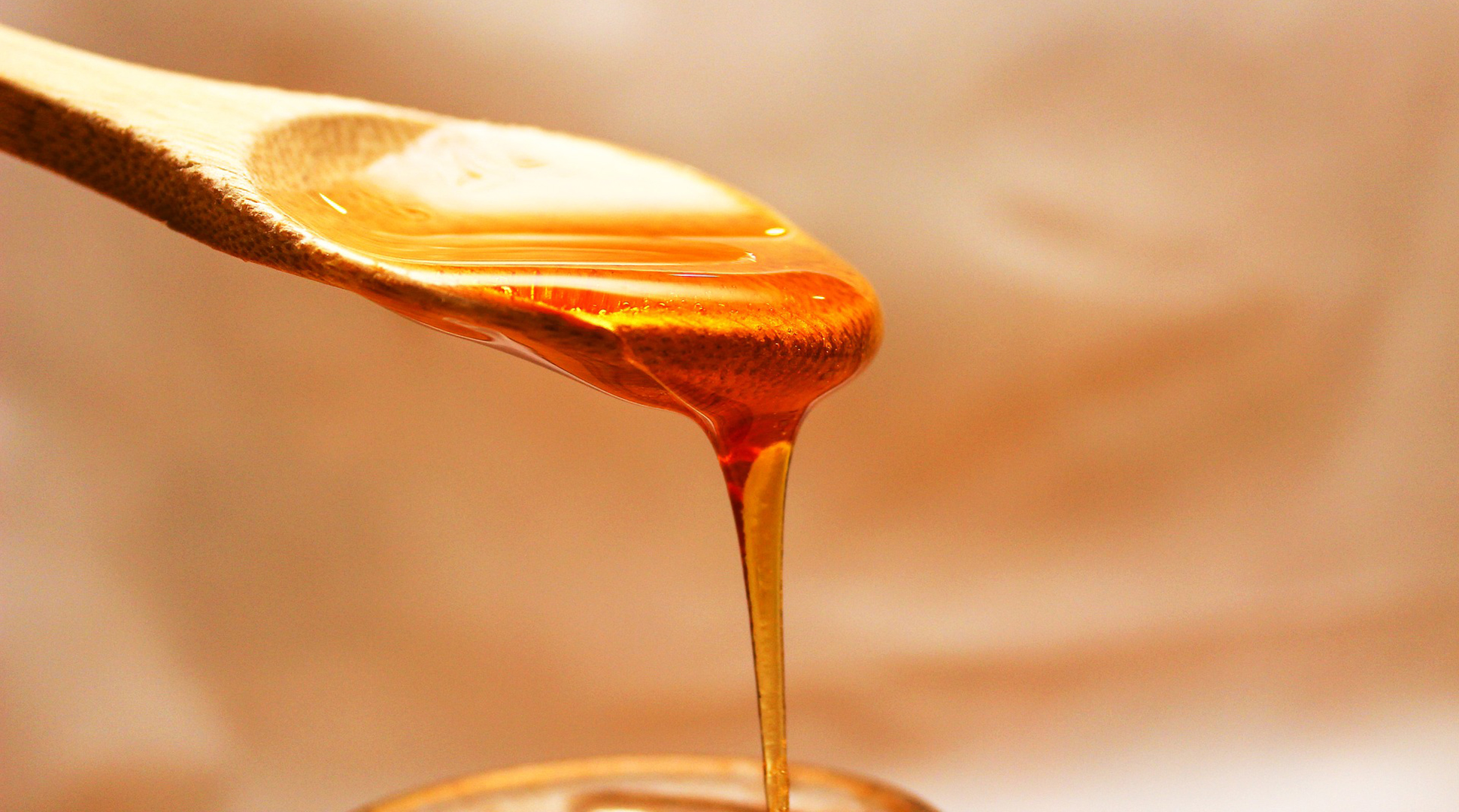Honey, that golden elixir collected by bees and cherished by humans for millennia, is no ordinary food. It holds a fascinating secret that sets it apart from almost everything else in your pantry — when stored properly, it never spoils. In fact, honey has an exceptional ability to defy the passage of time, preserving its rich flavor and nutritional properties for centuries.
In ancient Egypt, honey was treasured not just as a sweet treat, but also for its remarkable longevity. Archaeologists have unearthed pots of honey within the tombs of pharaohs, some of which date back over 3,000 years. But what's even more amazing is that honey was found in Georgia, a country in Eastern Europe and West Asia, in the tomb of an important leader or chief which archaeologists date to 5,500 year old! This honey was remarkably well preserved, according to beemission.com, with three types of honey found: meadow flower, berry and linden.
The key to honey's everlasting nature lies in its unique composition. It contains very little moisture, typically between 16-18% percent, which is too low to support the growth of most bacteria and microorganisms. To be sold as Grade A or B honey, the U.S. Department of Agriculture requires that honey to be no more than 18.6% moisture. And here's an interesting fact: Bees flap their wings to drive down the moisture content in the hive.
Honey also has a high level of acidity. Combined with the low moisture content, creates an environment hostile to microbial life. Microorganisms responsible for breaking down and spoiling food cannot thrive in honey.
Honey's high sugar content further inhibits the growth of microorganisms. This is why even when honey crystallizes or becomes cloudy over time, it is still perfectly safe to eat.
But the most amazing reason for honey's long shelf life lies in the bees themselves. According to Smithsonian Magazine, "Bees have an enzyme in their stomachs called glucose oxidase. When the bees regurgitate the nectar from their mouths into the combs to make honey, this enzyme mixes with the nectar, breaking it down into two by-products: gluconic acid and hydrogen peroxide."
It's that hydrogen peroxide that helps keep any additional bacterial growth at bay.
So, the next time you drizzle honey on your morning pancakes, stir it into your tea, or use it in your recipes, you're not just savoring the sweet nectar of nature. You're also indulging in a culinary tradition that dates back millennia, taking a taste of history, and experiencing a food that has transcended time and culture.
As you enjoy its golden, timeless flavor, remember that you're sipping from a source that's as ancient as the pyramids themselves—a testament to the enduring magic of nature's sweetest gift. And the last little factoid to close this post? North Dakota has ranked #1 in honey production for nearly 20 consecutive years! 🍯✨ #FoodFacts #HoneyMagic #AncientEats
